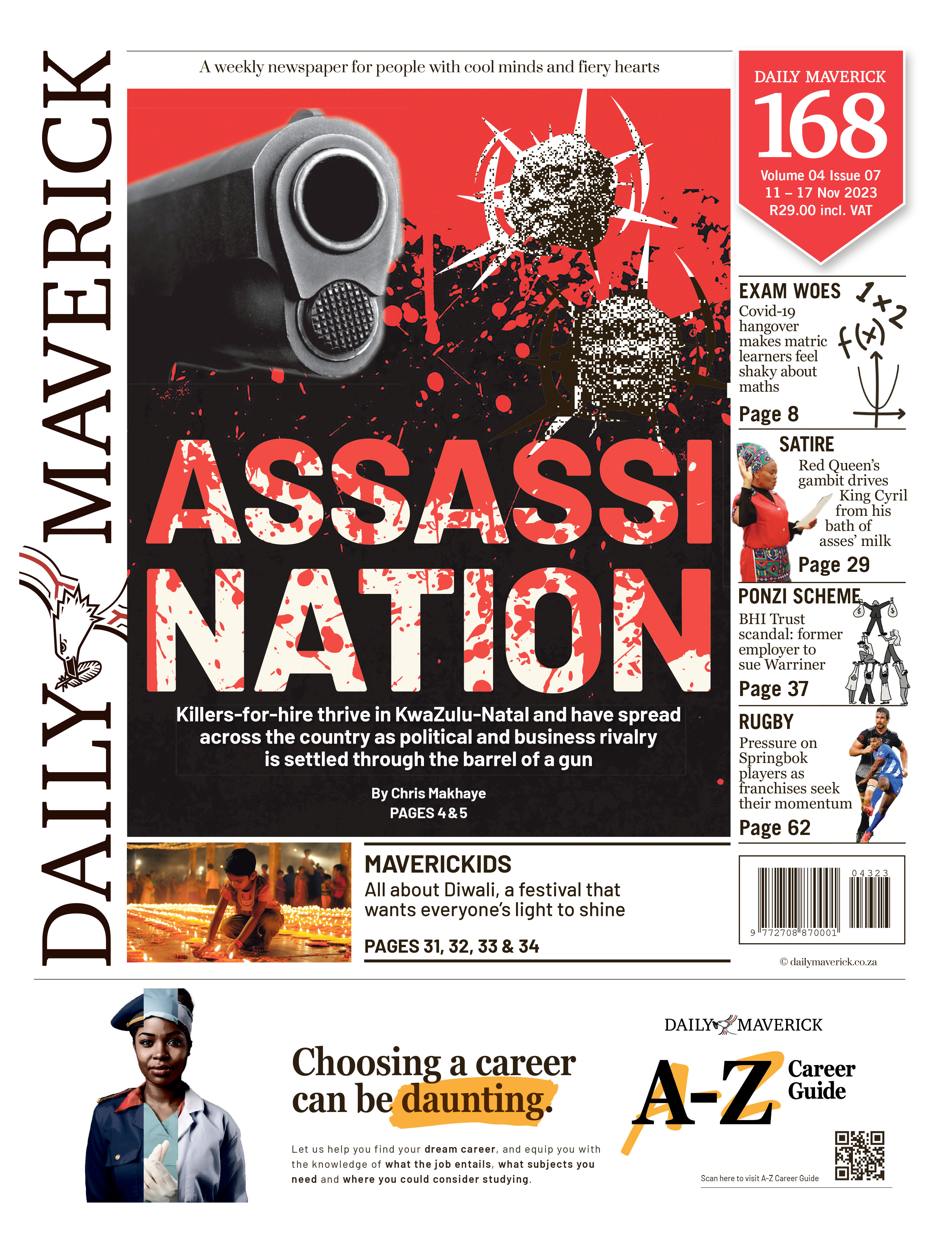A thousand yes-men, as the saying goes, cannot equal one honest adviser. The saying in question is, as so many are, drawn from Chinese history and was used to explain the success of rulers such as Shang Yang and Taizong of Tang.
These two historical characters are known for not just allowing advisers to disagree with them and disparage them in public, but also for positively encouraging it. Their reputation is not based on their own greatness and ability to single-handedly carry the empire to glory, but on their ability to bring together people smarter and more skilled than them and, critically, to get them to think intelligently collectively.
South Africa could learn a thing or two as we lurch from one leadership crisis to the next. Service delivery in our most important metro is at an all-time low owing to a dysfunctional city council, and Transnet and Eskom do not have full-time CEOs. In the private sector, too, there has been an unusually high attrition rate in top jobs at major corporates, including Naspers and Pick n Pay.
Yet, rudderless as the organisations may be, we must be cautious when searching for heroic saviours who can rebuild a broken country or business with their supposed brilliance rather than their toleration of dissent.
Masters of populist rhetoric the world over have propelled themselves to power by confidently offering false solutions to crises, from Donald Trump and Liz Truss to Robert Fico in Slovenia.
Here in South Africa, with elections just around the corner, the scaremongers are louder, pushier. As Nazi leader Hermann Göring said: “The only thing that needs to be done to enslave people is to scare them. If you manage to find a way to scare people, you can make them do what you want.”
These are the kinds of leader that modern business schools warn their students against becoming. Because anyone who has really tried to lead a large and complex organisation knows that the secret to creating long-term value is not to be brilliant at everything, but to be good at a few things and make sure you are surrounded by similarly brilliant and focused people, get them to think well together, and listen to them.
Good leadership is about getting three things right: adhering to the highest possible standards and delivering consistent quality; prioritising workloads effectively; and planning so that action happens.
The ordinariness of these last three points is why the down-to-earth Warren Buffett remains revered and successful into his 10th decade, whereas more flamboyant characters are almost always revealed to be less than they seem.
At the time of writing, Sam Bankman-Fried, the cryptocurrency entrepreneur who once enthralled investors through the appearance of brilliance, rather than the delivery of quality, is likely to see his centenary in from behind a barred window.
Counterintuitively, however, the pursuit of ordinariness does not mean the pursuit of comfort, but quite the opposite. Buffett is famous for a relatively spartan lifestyle, whereas Bankman-Fried blew investor cash on every kind of luxury indulgence known to humankind.
Just like the emperors of old, keeping the business or country moving forward means constant shifts, moving away from the agreeable yes-men. Cultivating a culture of dissent doesn’t mean a descent into anarchy.
Good leaders help their followers to challenge them in appropriate and non-judgemental ways.
They remember that, as important as processes and procedures are, long-term value is not created by your choice of Kanbanning application, but by the people who use it to drive value and progress.
The more often leaders in business and politics remember that, the better off we will all be. DM
This story first appeared in our weekly Daily Maverick 168 newspaper, which is available countrywide for R29.


















Those who can’t tolerate dissent are the ones who know they are imposters. Who are there because their race or gender has landed them with a politically necessitated position well above their capabilities. So their incompetence is covered by arrogance and bullying
What is ‘a leader’?
What is ‘leadership’?
This article conflates these concepts with a person’s title, position and personality, and management.
And, by opening the article with reference to ‘advisors’ and ‘rulers’ we might imagine these could be leaders too.
If we are not clear what we mean by the two terms cited above, we end up with anyone and everyone being a leader, which implies it is everything and yet nothing.
Surely, a person becomes a leader through a particular set of behaviours and outcomes, which should hold to certain principles that are productive.
An alternative approach is that we can have criminals, bullies, the corrupted and so forth called leaders too, in the same breath as those who bring about inclusive change for the better.
That cannot be.
The very essence of leadership is that it must be true to decent values (principles) and that benefits accrue to the person who leads and their associates and others downstream.
If anyone behaves in a different fashion they are something else, call them heads, rulers, mis-leaders, the president, the CEO – but not a leader.
The essence of leadership cannot be both ‘good’ and ‘bad’, it cannot be a Mandela and a Trump at the same time.